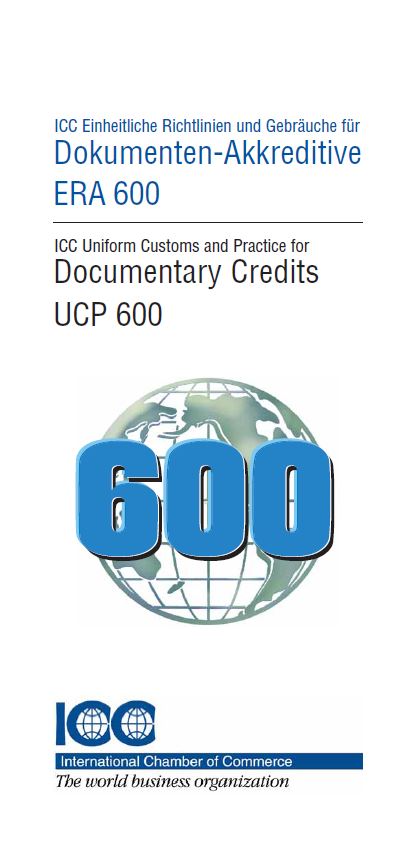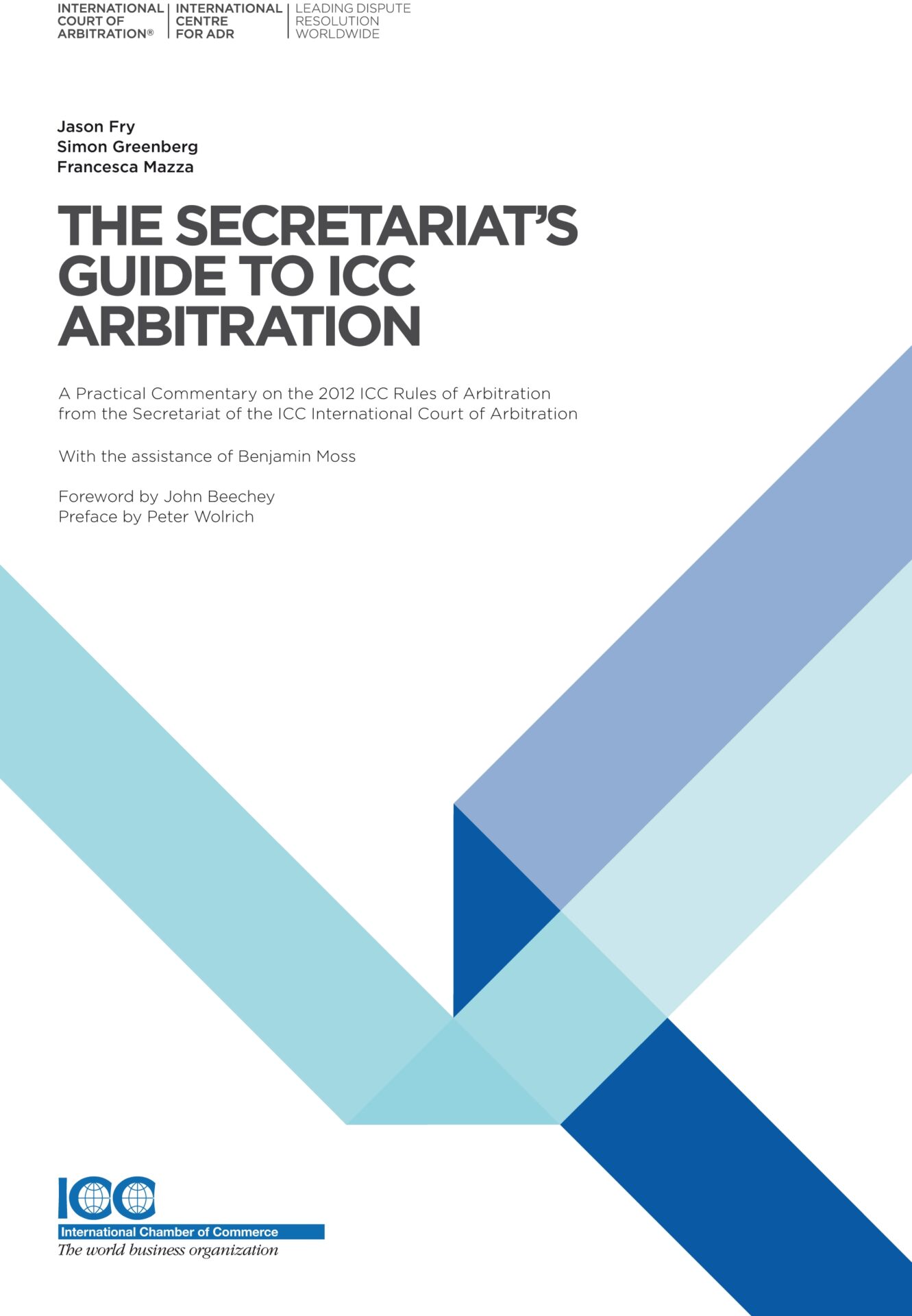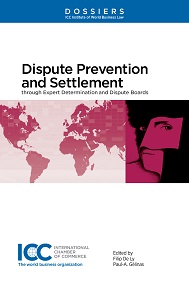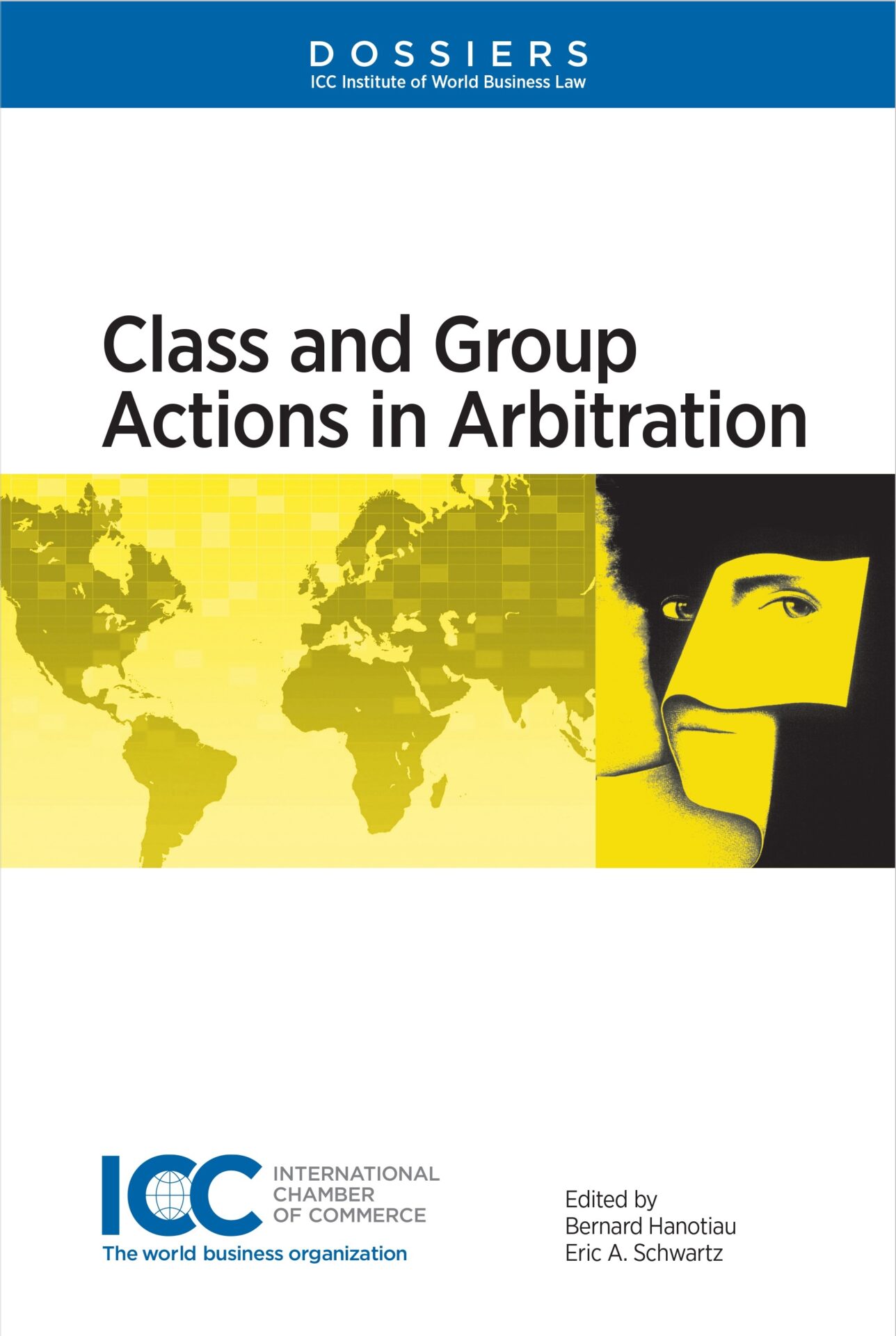€72,23
Euro zzgl. Versandkosten
What role does good faith truly play in international arbitration? Is it a binding principle, a shared value, or a flexible tool of fairness? This thought-provoking volume, born from the Annual Conference of the ICC Institute of World Business Law, brings together leading voices to explore these questions across jurisdictions and legal traditions.
Spanning civil and common law systems, commercial and investment arbitration, and diverse cultural contexts, good faith emerges as both a conundrum and a cornerstone. From the interpretation of arbitration agreements to party conduct, evidentiary matters, and the merits of disputes, this principle permeates the entire arbitral process. It applies to all stakeholders—counsel, experts, witnesses, and arbitrators alike. Yet, despite its omnipresence, good faith resists a universal definition that captures its many forms and functions.
Featuring contributions from renowned scholars and practitioners—including Gerard Meijer, Bernard Hanotiau, Aurelie Conrad Hari, Maximin de Fontmichel, Jeffrey Waincymer, Jalal El Ahdab, Arthur Ma, Kabir Duggal, Laurie Atchouk-Spivak, Klaus Peter Berger, and Samantha Rowe—this Dossier offers a rich and nuanced examination of good faith’s evolving role. It highlights both its power to promote fairness and integrity, and the challenges of applying it consistently across legal systems.
Whether as a safeguard against abuse, a guide for interpretation, or a foundation for ethical conduct, good faith remains indispensable in international arbitration—an ever-adaptable chameleon that does not hide.
| Code ISBN : | 978-92-842-0690-2 |
| Number of pages : | 41 |
| Publishing date : | 2025 |
| Language : | English |
| Format in cm : | 15*24 |
Foreword
Eduardo Silva Romero (based on notes prepared by Pierre Mayer)….. 9
Chapter 1
Samantha Nataf & Wei Lee Lim….. 14
Chapter 2
Aurélie Conrad Hari & Liliya Tseytlina….. 16
A Little to no extension: Explicit consent….. 19
B Extension based on implied consent….. 20
A The impossible equation….. 23
B Can the recourse to universal concepts bridge the gaps?….. 25
C Advocating for a detailed examination of the relevant applicable law and suggesting a reasoning tree….. 29
Chapter 3
Bernard Hanotiau….. 36
Chapter 4
Gerard Meijer, Rajesh Pillai, Sarah Parker & Piotr Wilinski….. 43
A A civil law approach to interpreting contracts: Dutch law….. 45
B A common law approach to interpreting contracts: English law….. 48
C Interim conclusions….. 51
A Modern statutory frameworks applicable to arbitration agreements….. 52
B Pro-enforcement mechanism….. 52
C Validating arbitration agreements….. 53
A The strong emphasis on good faith in Dutch law….. 55
B ‘One-stop shop for arbitration’: enforcing arbitration agreements under English law….. 57
C No need to imply a duty of good faith under English Law….. 59
D Interim conclusions….. 60
A Pathological clauses….. 61
B Multi-tiered dispute resolution clauses….. 66
Chapter 5
Jeffrey Waincymer…. 81
A The procedural framework…. 84
B Arbitral discretion….. 86
C Express or implied norms or applicable law….. 87
D Interpretation of express good faith norms in codes, case law or contracts…. 88
E Good faith and common industry practice….. 91
F Bad drafting and interpretation…… 92
A United Nations Convention on the International Sale of Goods and other UNCITRAL instruments….. 97
A German law….. 101
B French law….. 103
XI. Sharia law….. 104
A UK and common law…. 104
B United States…. 105
C Canada…. 106
A The possibility of meta-analysis….. 107
B Moral and philosophical perspectives….. 108
C Economic perspectives….. 110
D Historical perspectives….. 112
E Meta-theories that have been proposed….. 113
F Critiques of meta-theories and good faith per se….. 114
XIV. Is good faith more than the opposite of bad faith?….. 116
XV. Is it a subjective or objective concept?….. 116
XVI. The sub-elements that are said to apply….. 116
A The duty of honesty….. 117
B Fair dealing….. 118
C Duties of cooperation….. 119
D Loyalty….. 121
E Fidelity to contract purpose….. 122
F Confidentiality….. 122
G Vigilance….. 122
H Reasonableness….. 122
I Abuse of rights and the impact of good faith norms on discretionary rights….. 123
J Hardship, unfair contracts and unequal bargaining power….. 125
K Good faith is to be distinguished from et aequo et bono decision making….. 126
A Negotiations….. 128
B Conclusion of contract and standard terms….. 128
C Performance and termination….. 129
D Remedies….. 129
Chapter 6
The art of balance with the binding force of the contract
Maximin de Fontmichel….. 139
A Different uses of the principle of good faith….. 141
B The greater autonomy of good faith: Formal ground for stand-alone claims….. 144
A The disruptive effect of good faith on the intangibility of the contract…… 146
B The compass of intensity of good faith on the binding force of the contract…… 149
Chapter 7
Jalal El Ahdab & Joseph Dalmasso….. 153
A Good faith as a prerequisite for the reliability of testimonies….. 155
B Technology, good faith, and evidence…… 159
A Cooperating in good faith during the document production…… 161
B The admissibility of evidence allows for the protection of good faith in the proceedings….. 162
A Procedural bad faith may impact a decision on the merits….. 166
B Costs and other sanctions may be used to safeguard the duty of good faith…. 167
C Sanction of guerilla tactics, while possible, remains limited….. 168
Chapter 8
Arthur Ma & Zhizhou Dai….. 174
Introduction: A conflict of views….. 174
Context: Arbitration in China….. 175
Adducing evidence: When is it really ‘too late’….. 179
Concluding remarks: Chinese version of ‘Kaplan Opening”?…. 188
Chapter 9
Laurie Achtouk-Spivak….. 192
Conclusion….. 200
Chapter 10
Kabir Duggal….. 204
same harm and claiming the same damage may not be protected….. 211
Chapter 11
Assessing investor conduct through the prism of good faith
Samantha J. Rowe….. 222
Determining whether the host state has breached the treaty….. 223
Klaus Peter Berger….. 234
Lim Wei Lee & Samantha Nataf….. 237
About ICC….. 250
About the ICC Institute of World Business Law….. 250
ICC Dispute Resolution Library…. 251
Dossiers of the ICC Institute of World Business Law….. 252
Laurie Achtouk-Spivak
Klaus Peter Berger
Aurélie Conrad Hari
Zhizhou Dai
Joseph Dalmasso
Kabir Duggal
Maximin de Fontmichel
Jalal El Ahdab
Bernard Hanotiau
Wei Lee Lim
Arthur Ma
Pierre Mayer
Samantha Nataf
Samantha J. Rowe
Eduardo Silva Romero
Liliya Tseytlina
Jeffrey Waincymer
Wie setzen sich die Preise bei Auslandslieferungen zusammen?
Für Produkte, die auf https://www.iccgermany.de/shop/ angeboten werden und an Bestimmungsorte innerhalb der Europäischen Union (EU) und Nordirland versandt werden, muss bei Verkäufen an Privatpersonen nach den innerhalb der EU geltenden Gesetzen und den innerhalb der einzelnen Mitgliedsstaaten (Bestimmungsland) variierenden Steuersätzen Umsatzsteuer berechnet werden. Die Höhe der zu berechnenden Umsatzsteuer richtet sich nach verschiedenen Faktoren, wie der Identität des Käufers (Unternehmer oder Privatperson), dem Wohnsitz des Käufers, der Art des gekauften Produktes (z.B. Buch, ebook, …) sowie dem Zielort, an den das Produkt versandt werden soll (Bestimmungsland).
Die Preise auf https://www.iccgermany.de/shop/ sind in Euro ausgewiesen und verstehen sich einschließlich deutscher Umsatzsteuer. Bitte beachten Sie, dass der Endpreis von der tatsächlichen Umsatzsteuer abhängig ist, die für Ihre Bestellung anfällt. Bei Bestellungen von Privatpersonen aus dem EU-Ausland wird die deutsche Umsatzsteuer abgezogen und die für das Bestimmungsland/Kundenland gültige Umsatzsteuer berechnet. Den Endpreis inklusive der für die bestellten Artikel gültigen Umsatzsteuersätze sehen Sie auf der letzten Seite des Bestellvorgangs.

Taschenbuch in deutsch-englischer Ausgabe

Dossier IX of the ICC Institute of WBL

A Practical Commentary on the 2012 ICC Rules of...

Through Expert Determination and Dispute Boards Dossier XV of the...

Dossier XIV of the Institute of World Business Law

Bestellen Sie Ihre perfekte Kombination aus fundiertem Originaltext und...
Zur Überprüfung Ihrer Identität haben wir Ihnen eine E-Mail an geschickt.
Bitte klicken Sie auf den Bestätigungslink in der E-Mail, um Ihre Anmeldung abzuschließen.
Ups! Sie sind bereits für den Newsletter registriert.
Sie müssen den Inhalt von reCAPTCHA laden, um das Formular abzuschicken. Bitte beachten Sie, dass dabei Daten mit Drittanbietern ausgetauscht werden.
Mehr InformationenSie sehen gerade einen Platzhalterinhalt von Turnstile. Um auf den eigentlichen Inhalt zuzugreifen, klicken Sie auf die Schaltfläche unten. Bitte beachten Sie, dass dabei Daten an Drittanbieter weitergegeben werden.
Mehr InformationenSie sehen gerade einen Platzhalterinhalt von Facebook. Um auf den eigentlichen Inhalt zuzugreifen, klicken Sie auf die Schaltfläche unten. Bitte beachten Sie, dass dabei Daten an Drittanbieter weitergegeben werden.
Mehr InformationenSie sehen gerade einen Platzhalterinhalt von Instagram. Um auf den eigentlichen Inhalt zuzugreifen, klicken Sie auf die Schaltfläche unten. Bitte beachten Sie, dass dabei Daten an Drittanbieter weitergegeben werden.
Mehr InformationenSie sehen gerade einen Platzhalterinhalt von X. Um auf den eigentlichen Inhalt zuzugreifen, klicken Sie auf die Schaltfläche unten. Bitte beachten Sie, dass dabei Daten an Drittanbieter weitergegeben werden.
Mehr Informationen